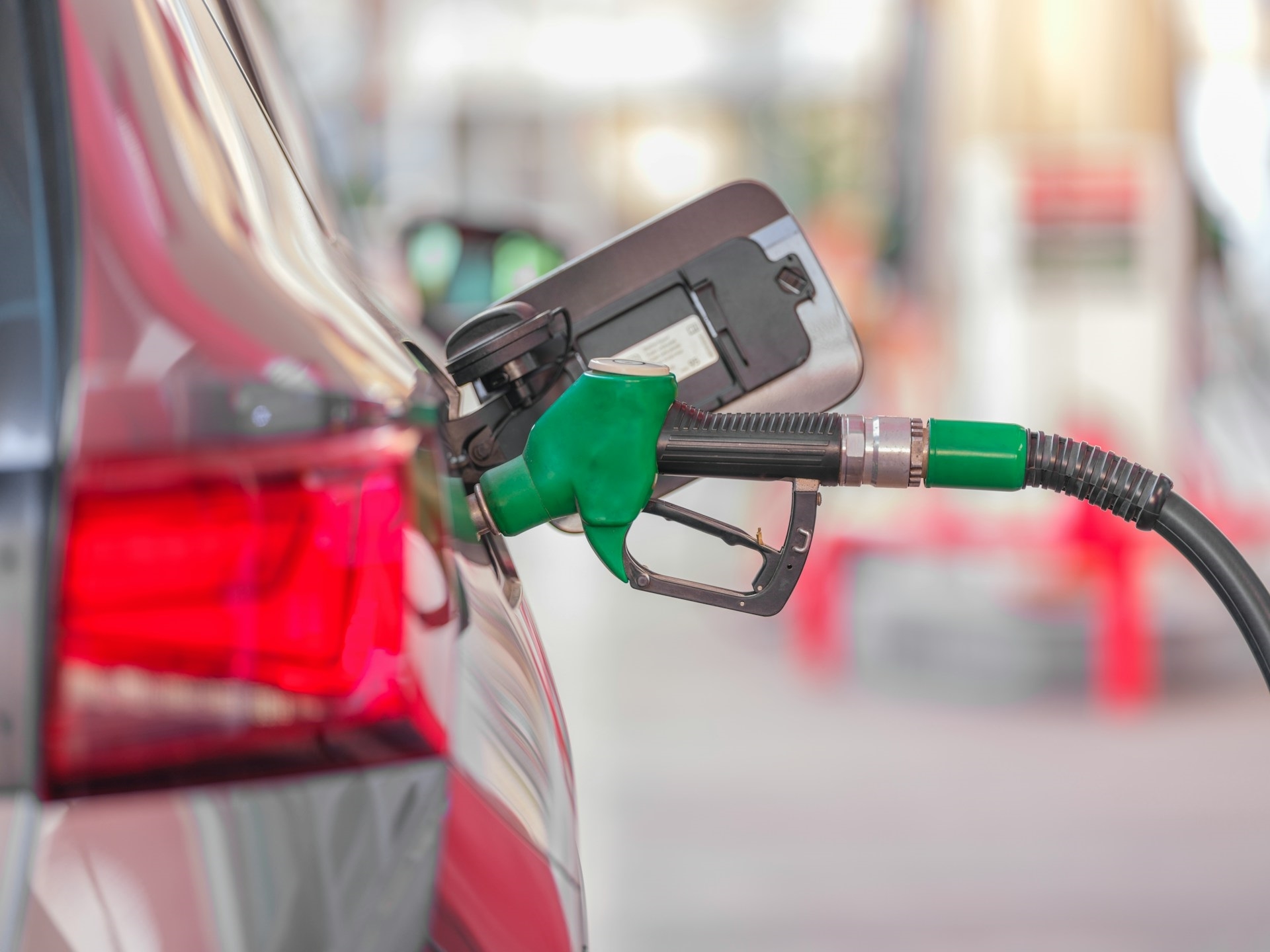Diesel vs. Gasoline Engines: Which Is Right for You?
Choosing between a diesel or gasoline engine is no trivial matter; each option offers unique advantages. Understanding the key differences is essential for making the best decision for your driving needs.
Diesel and gasoline engines operate differently, affecting fuel efficiency, power output, environmental friendliness, and other vital areas. We'll explore how each engine functions and outline its pros and cons. With this knowledge, you can select the ideal powertrain for your lifestyle.
How Do Diesel Engines Work?
The key distinction between the operation of diesel and gasoline engines is how fuel ignites inside them. With diesel engines, air enters the cylinder during the intake stroke, and the piston compresses it. Diesel engines forego spark plugs. Instead, extreme air compression generates intense heat, igniting the injected fuel. Air compression ratios in diesel engines range from 14:1 to 25:1, and compressed air temperatures exceed 1,000°F. This combustion process makes diesel engines more efficient than their gas counterparts. The high compression ratios and lean air-fuel mixtures optimize combustion, with less energy wasted as heat and exhaust.
How Do Gasoline Engines Work?
Gasoline-powered engines reign supreme in today's automotive realm. Their operation hinges on a four-stroke cycle: intake, compression, power, and exhaust.
Unlike their diesel counterparts, gasoline engines ignite via spark. The throttle controls the amount of incoming air and fuel, and this mixture enters the cylinders. As the piston rises, it compresses the air-fuel mixture. At compression peak, spark plugs produce high-voltage arcs, and the compact blend ignites. This controlled explosion thrusts the piston downward, generating the power stroke. The exhaust stroke then expels the spent gases, paving the way for a new cycle.
Gasoline engines have lower compression ratios — typically 8:1 to 11:1. Spark ignition requires less heat and cylinder pressure. While less fuel-efficient than diesel, gasoline engines offer a quieter, smoother driving experience. Although high horsepower outputs make them ideal for performance vehicles, their torque often lags behind diesel engines of similar displacement, lowering hauling and towing capabilities.
Benefits and Considerations of Each
Both types of engines have unique advantages. Understanding the differences will help you find the perfect fit.
Diesel Strengths and Drawbacks
Diesel engines boast impressive fuel economy, utilizing every drop to deliver 30-50% higher mpg than their gasoline counterparts. They also produce 20-30% more torque than comparable displacement gasoline engines, increasing towing capacity. Diesel engines last longer due to their durable construction and because the fuel lubricates their internals as it combusts. This self-lubrication reduces friction, minimizing wear on injectors, rings, and other critical parts. It's not unheard of for modern Mercedes-Benz diesel engines to rack up staggering mileages of over 300,000.
However, upfront costs can raise eyebrows. Diesel engines demand a premium for the vehicle and specialized maintenance down the line. Emissions were once a sore spot, though massive strides in controlling particulates and nitrogen oxides have dramatically improved their eco-friendliness.
Gasoline Advantages and Considerations
A gasoline engine's calling card is affordability, with the lower purchase price appealing to budget-conscious buyers. Gasoline engines are also typically quieter and ideal for urban driving. Routine maintenance, such as spark plug replacements, is relatively economical.
That said, fuel efficiency pales in comparison with diesel engines. While direct injection and other technology help, gasoline's inherently lower energy content means more fill-ups. And despite making strides, emissions from gasoline engines still produce more carbon dioxide.
Your Driving Needs
Your needs should guide your decision. If wringing every mile from each gallon is paramount for frequent highway hauls or heavy workloads, diesel engines deliver. However, the gasoline camp could be a smarter fit if budget and in-town driving are priorities. Our product experts at Mercedes-Benz of Temecula can analyze your driving habits to identify your ideal powertrain fit.
Emissions and Environmental Impact
Historically, diesel engines have a reputation for higher emissions. Trace it back to early diesel motors that produced significant soot and nitrogen oxides, harming air quality and human health. As a result, scientists labeled diesel less environmentally friendly than gasoline.
Massive leaps in diesel engineering flipped the script. Mercedes-Benz and others now deploy cutting-edge emissions control systems. Advanced filters and catalytic reduction remove up to 90% of particulates and nitrogen oxides. Ultra-low-sulfur diesel fuel also reduces harmful byproducts. Meanwhile, gasoline motors continually reduce emissions through direct injection and catalytic converter upgrades.
Cost of Ownership
Choosing between a diesel and gasoline engine involves careful consideration of the cost. The initial investment for a diesel vehicle is higher because the engines demand robust construction, but long-term savings can make it worthwhile. Diesel fuel packs around 15% more energy per gallon than gasoline. Couple this with a diesel engine's thermal efficiency, and it translates into excellent fuel economy. Analyze your annual mileage and driving conditions. A diesel Mercedes-Benz may deliver lower overall ownership costs if you rack up highway miles or routinely tow.
Test Drive Both Types at Mercedes-Benz of Temecula
Before deciding between a diesel or gasoline engine, we invite you to experience their differences firsthand. Our showroom displays an extensive range of Mercedes-Benz vehicles, each engineered to exceed expectations. Whether you crave the immediacy of a gasoline engine's acceleration or the commanding torque of a diesel powerplant, a visit to our dealership for a test drive and chat with our knowledgeable staff will help you make the best choice.
Make the Right Choice With Mercedes-Benz of Temecula
Fuel economy, performance, environmental concerns, and much more are vital when deciding between gas and diesel. We have models to suit every requirement, including sedans, SUVs, and cargo vans.
Ownership extends beyond the initial purchase. Our certified technicians possess the expertise to maintain your Mercedes-Benz at peak performance, whether a gasoline or diesel engine powers it. Our state-of-the-art service center has the tools and equipment to diagnose and fix any issues.
Shop our inventory, or stop by our showroom for a personal demonstration. Our friendly, professional staff will answer your questions.
Image by engin akyurt | Licensed with Unsplash License

